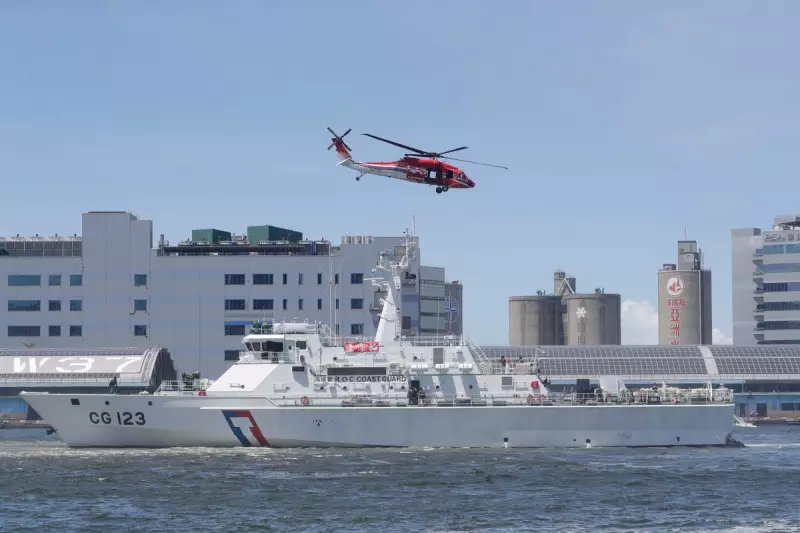
In a brazen and inflammatory move that has sent shockwaves through diplomatic circles, North Korea has audaciously declared the Taiwanese capital of Taipei part of its 'operational area', drawing immediate and forceful condemnation from the United Nations.
The startling proclamation, interpreted by analysts as a direct threat of military invasion, represents a dangerous escalation in Pyongyang's signature bellicose rhetoric and a significant challenge to Beijing's long-standing claim over the self-ruled island.
UN Command Delivers Stern Rebuke
The United Nations Command (UNC), the multinational force upholding the Korean War armistice, did not mince words in its response. A spokesperson for the UNC labelled the statement 'a clear attempt to undermine regional stability and a gross violation of the spirit of the Armistice Agreement'.
The command, which includes the United States and South Korea, emphasised its commitment to defending the 'integrity of the Republic of Korea' and maintaining the fragile peace on the peninsula. This firm stance underscores the international community's alarm at North Korea's latest provocation.
A Calculated Provocation with Global Repercussions
Experts are scrambling to decipher the motives behind Kim Jong Un's regime making such a bizarre claim over a territory thousands of miles away and with no historical or political connection to North Korea.
Potential interpretations include:
- A strategic diversion: Shifting global attention away from its domestic crises or ongoing weapons programmes.
- Testing international resolve: Probing the reactions of the US, China, and its neighbours to gauge their red lines.
- Aligning with Beijing: A clumsy and unsolicited attempt to show support for China's claim over Taiwan, though it risks angering its powerful neighbour by acting unilaterally.
- Internal propaganda: Fabricating an external threat to bolster nationalistic fervour and justify the regime's 'military-first' policy to its population.
China's Dilemma and the Spectre of Conflict
The move places China in an acutely awkward position. While Beijing vehemently asserts its own sovereignty over Taiwan, it fiercely guards its role as the primary stakeholder in the region and typically reacts harshly to any external interference, even from a nominal ally like North Korea.
This unauthorised escalation by Pyongyang threatens to complicate delicate geopolitical calculations and introduces a new, unpredictable variable into an already tense standoff across the Taiwan Strait. The international community now watches anxiously to see if this rhetoric remains mere bluster or marks the beginning of a more perilous chapter for global security.





